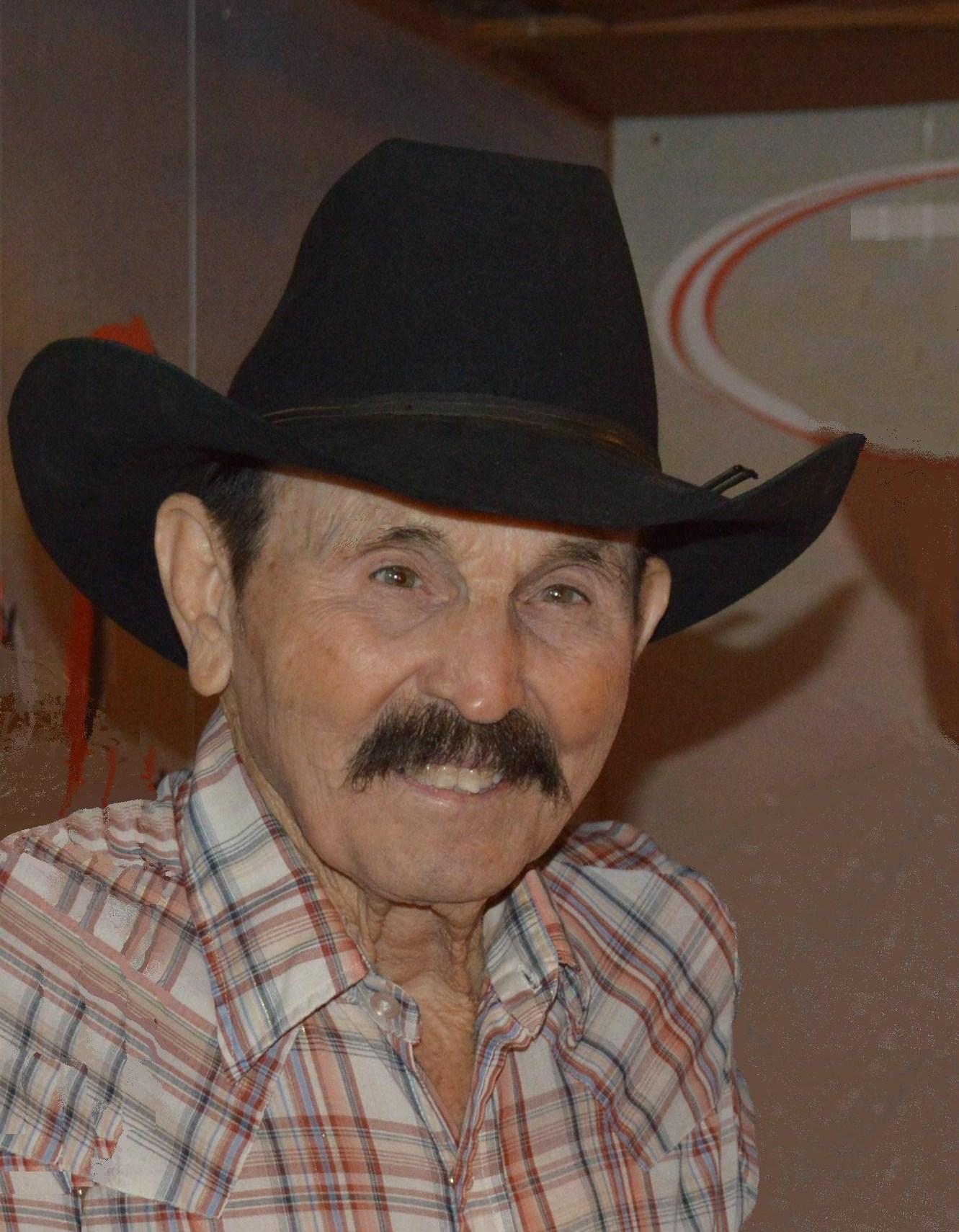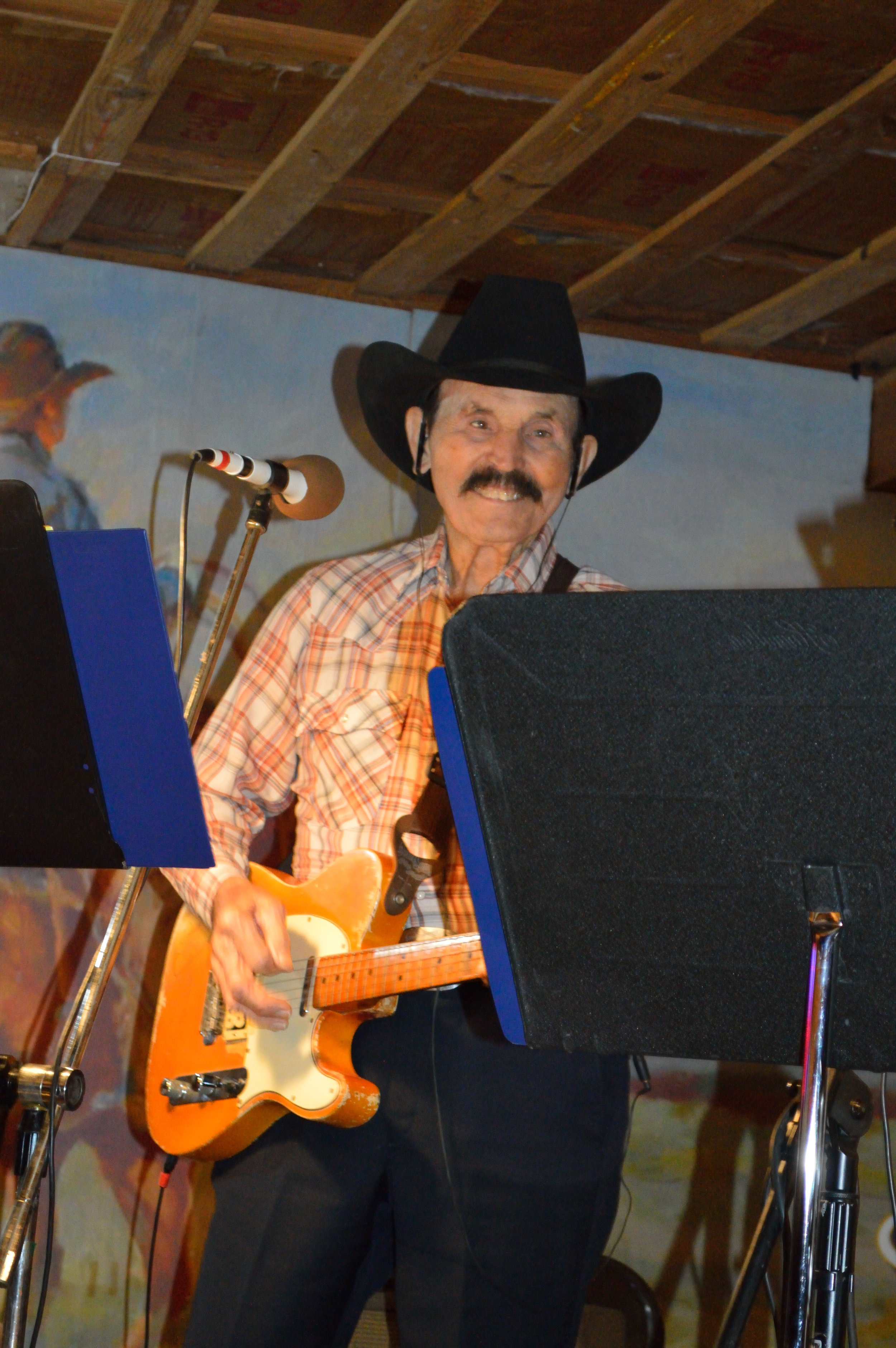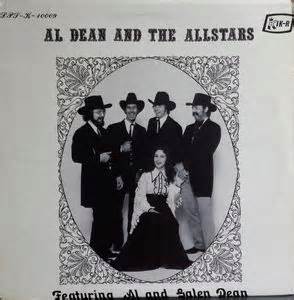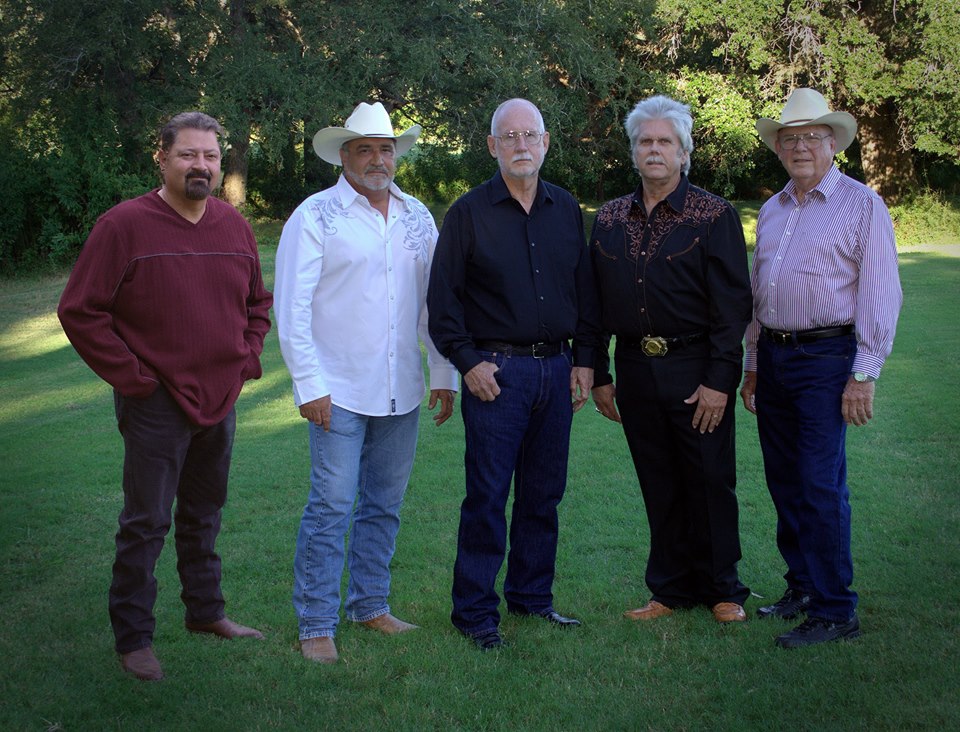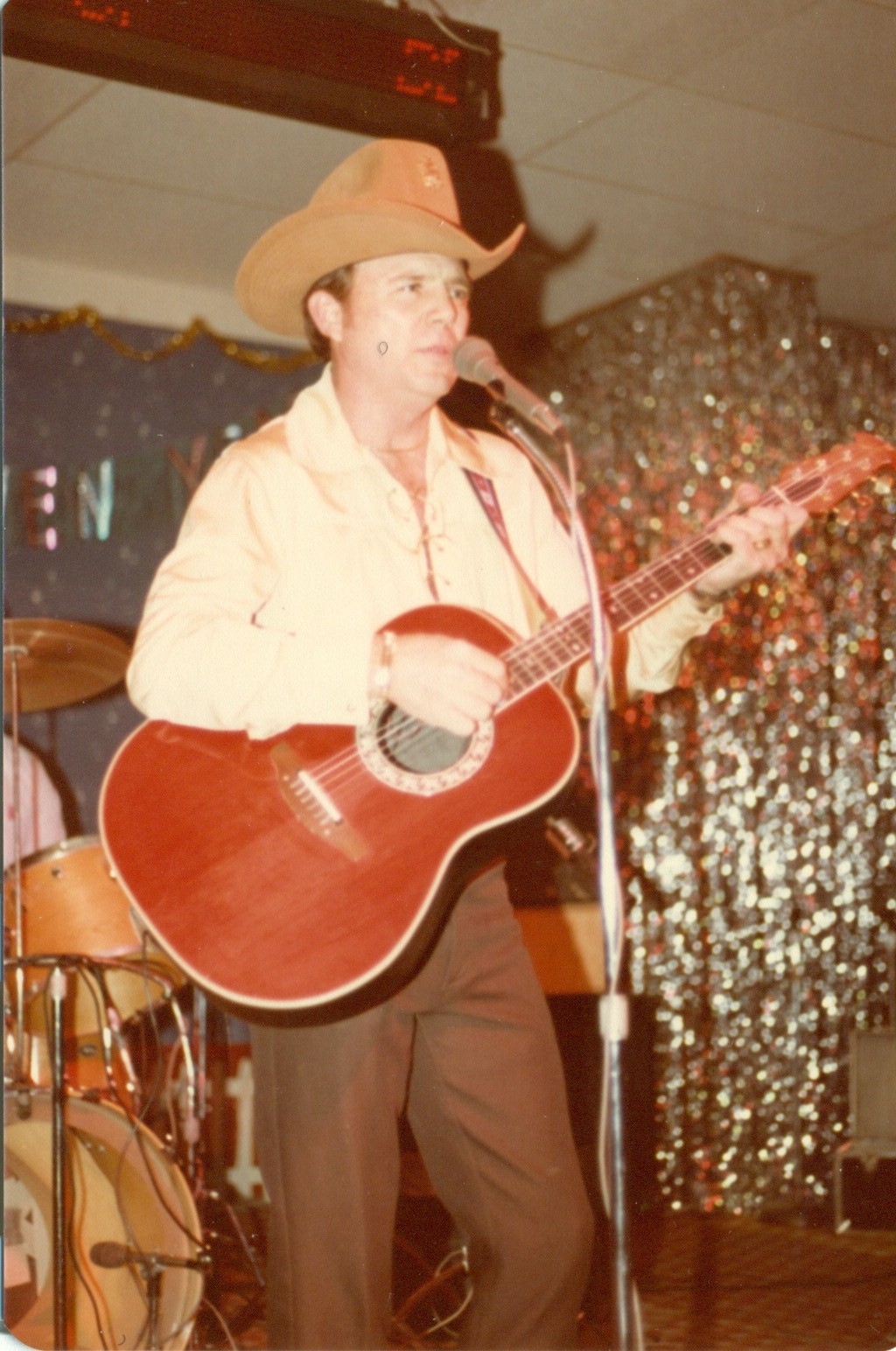By Allen Pollard
Al Dean, “Mr. Cotton Eyed Joe,” passed away on Oct. 3, in San Antonio at the age of 85. He died from complications of cancer, and his last public appearance was in June.
Al’s music career began in 1952 playing local dances and parties in his hometown of Freer, Texas. In 1967, in Nashville, he recorded the old folk dance fiddle tune Cotton Eyed Joe, an old folk dance fiddle tune, made famous in the 1940s and ’50s by Adolph Hofner in the San Antonio area. The side-by-side lines of dancers kicked their legs/boots emulating being in the barnyard getting rid of cow poop then stomping their boots in step to an abbreviated polka-type beat. The dancers also shouted out various chants and they became known as “Kickers.”
Al’s version of the song became a huge Texas and regional hit and many radio stations began playing it before network news breaks. Cotton Eyed Joe was even played during breaks of the San Antonio Spurs basketball games. As well, for the last 33 years, the Cotton Eyed Joe has been played during the 7th inning stretch of the Texas Rangers home baseball games.
In 1987 the American Music Association awarded Al Dean the “Most Programmed Record” in the history of the Jukebox industry. In 1999, the Country Music Association of Texas inducted Al Dean into the Texas Hall of Fame.
Al also had a unique great voice for country music, and wrote and recorded many successful
albums and popular singles, such as Casting My Lasso, Rough-Neck-Paycheck, Let’s Go Dancing, Verge of The Blues, and many others. Al developed a special straight and perfect pitch singing style with variations of beats for different styles of the Texas two-step. He also was a tremendous yodeler and could sing and yodel with the best of ’em.
Al Dean & The Allstars band became very popular performing in well over 100 different locations and dance halls in Texas and the Southwest. The first Al Dean & The Allstars dance that I attended as a teenager was a St. Patrick’s celebration in Old San Patricio, Texas, in March
of 1965. As a young musician, I was totally impressed with the outstanding quality of the singing and style of playing by the talented musicians, plus they played most of the latest songs heard on country music radio stations.
They also impressed me with their custom-made western suits and 5-inch brim white cowboy hats and boots. I had never seen nor heard of a country band that had a girl drummer. She could even play a solo on a fast song called Draggin’ the Bow. That drummer turned out to be Maxine Dean, Al’s wife and the mother of sons, Galen and Gary Dean.
Al had worked as an oilfield supply salesman since high school to support his family and his music/singing sideline. In 1974, he made the decision to go full time in the music business due to the popularity of his music and successful record sales.
Over the years, more than 12 musicians played steel guitar in the Al Dean band. I became an “Allstar” in 1974 playing the steel guitar full time. This was a personal challenge and privilege as
my predecessor was the late Ray Smith, a very talented musician and long-time Allstar. My career with the band ended in 1978 when accepting a shift-work job at a local refinery. I continued to play special events with the band up until a few years ago when I began my DJ services (Dancehall Sounds).
As an Allstar, I was very fortunate to play dances at Schroeder Hall in Goliad, The Winchester Club in Houston, Alice VFW, the Stampede Club in Big Spring, internationally famous Farmer’s Daughter Club in San Antonio, and many other dance halls throughout the state of Texas. I also had the opportunity to travel to Nashville when Al and Galen recorded in studio B at RCA Records, where I met Buddy Emmons, Buddy Spicher, Dave Kirby, Jimmy Capps, and many other famous Nashville musicians. I also had the honor of playing steel guitar on the entire album, On The Bandstand recorded in Houston, for the Glad Music record company.
Al was easy to please so long as the musicians played the songs his way and kept the music straight without any fancy ad libs. He was very honest and always paid the musicians what was agreed. Al traveled in two different full-size buses over the years and the last bus was the most comfortable as it was fully air conditioned. We learned over the years which were the better cafes/restaurants to stop at, and which ones had the best hot coffee as we consumed many a
thermos full.
The faithful friends and following of dancing fans was Al’s most cherished reward for performing his style of music. My memories of Al will always be those of good times, lots of miles traveled, and a lifetime of music and friendship with “Mr. Cotton Eyed Joe.”
Allen will DJ a special tribute dance to Al Dean on Sat., Nov. 12 at the Gallagher Ranch Barn Dance, 1020 FM 1540 in Sandia, from 6-11 pm. Bring your own lawn chairs, snacks, and drinks. Call 361-813-8817 for information.

